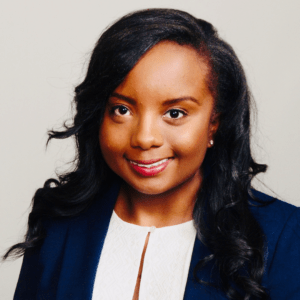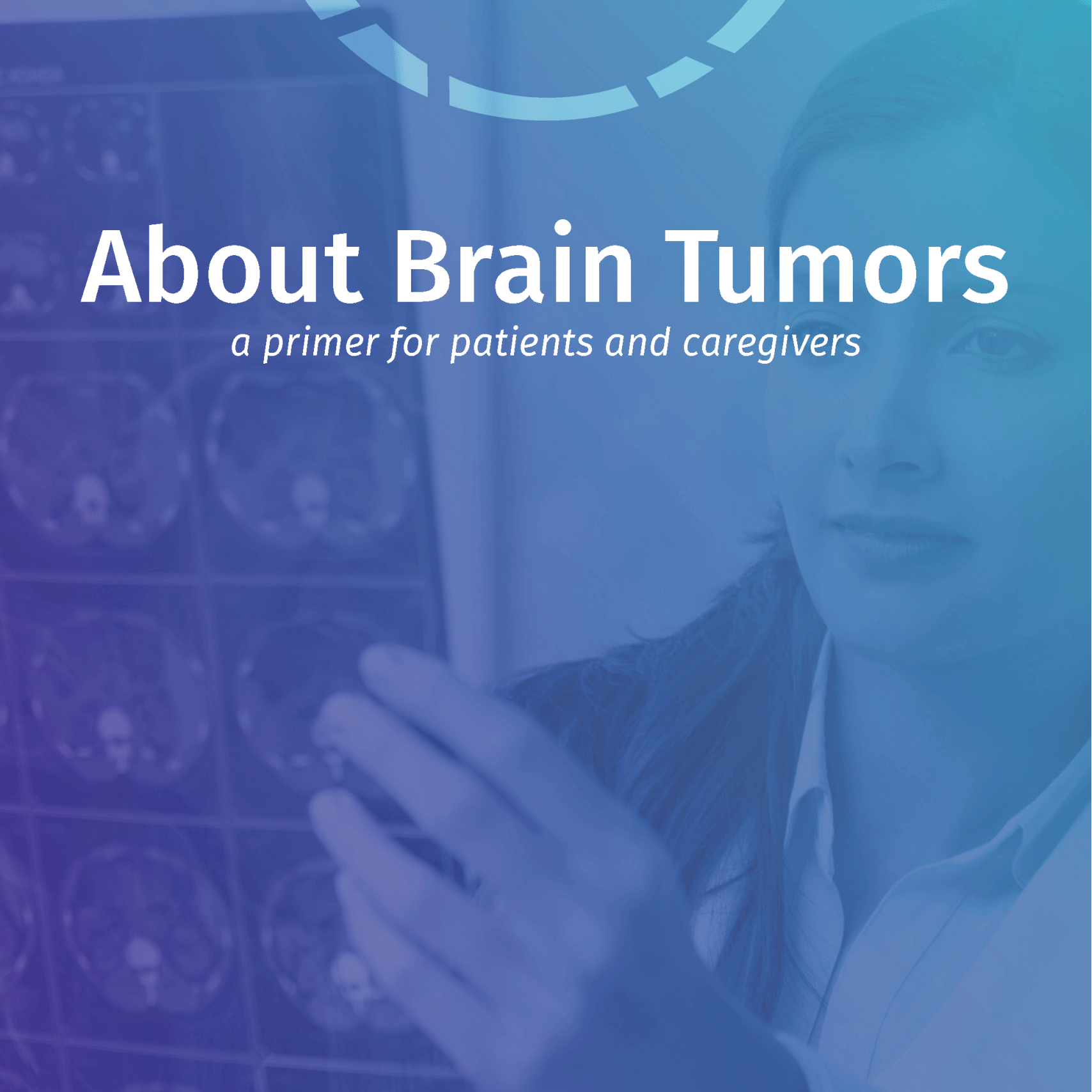This May, the Central Brain Tumor Registry of the United States (CBTRUS) published a groundbreaking report funded by the American Brain Tumor Association and the National Cancer Institute Comprehensive Oncology Network Evaluating Rare CNS Tumors (NCI-CONNECT), shedding light on the latest statistics on adolescent and young adult (AYA) patients with primary brain and central nervous system tumors. While this report provides valuable insights, it doesn’t delve into the unique experiences and struggles faced by AYAs navigating a brain tumor diagnosis.

We spoke with Jessica Kollman who shared her experience of being diagnosed with cerebellar pilocytic astrocytoma at the young age of 19. Now, a nearly 20-year survivor, she reflects on her personal journey managing a diagnosis during a time in her life when she should have been able to focus on college and friends, not brain surgery and rehabilitation. Jessica’s experience completely altered her life trajectory and today, she serves as a mentor for many AYAs diagnosed with a brain tumor, helping provide guidance and connection in the AYA brain tumor community.
What were the first symptoms that led to your diagnosis of a cerebellar astrocytoma at 19 years old?
At the time, I was in court reporting school and started getting headaches. At first, my doctors thought it was because of the type of work I was doing: typing at a desk all day. The headaches persisted for about four months, and I also had severe motion sickness and photophobia (light sensitivity). After further testing, including a pupil reflex test and an MRI, I was diagnosed with a cerebellar pilocytic astrocytoma. At 19, I was blissfully unaware of what it really meant to be diagnosed with a brain tumor. After I woke up from surgery and realized I had lost coordination on the left side of my body, I truly grasped the impact of this diagnosis.
What treatment did you undergo following your diagnosis, and what were the outcomes?
I underwent a complete surgical resection, and pathology confirmed it was a benign pilocytic astrocytoma so I wouldn’t need any further treatment. However, the loss of coordination on the left side of my body is something I continue to recover from to this day.
How did your diagnosis and the resulting physical challenges reshape your life’s direction?
My diagnosis led me to completely reevaluate my career path. As I mentioned, I was going to court reporting school at the time of my diagnosis. I took a year off after my surgery to relearn occupational skills and regain my range of motion. It took me months to get off the drugs that I was put on after surgery and a long time to build up my stamina. I always thought I would eventually go back to court reporting school, but I ended up switching paths and got a bachelor’s degree in marketing and a master’s in business administration.
During this time, I was still dealing with migraines and pain, so I went to a massage therapist to try get some relief. It helped and eventually I started practicing on myself, my family, and coworkers. I enjoyed it and realized that I could make a living through massage therapy and am incredibly excited to open a joint massage therapy and spa with my sister this year!
What has surprised you the most during your recovery, and what important lessons have you learned?
Something that I have learned over time is to keep advocating for myself and how to be my own advocate. For example, despite finishing several sessions of physical therapy, I kept putting myself back in PT because I couldn’t accept the fact that I was told I wouldn’t be able to wear flip flops and I should just wear different shoes. I wanted to be able to wear flip flops and persisted until I achieved my goal.
What was your support system like?
During my recovery, I lost a lot of friends. They were also young and didn’t understand why I didn’t want to enjoy nightlife like most 20-something-year-olds do. I was on a few different medications, and they didn’t mix well with alcohol, so drinking was not something I wanted to do and it made me miss out on opportunities to hang out with my friends. I was, however, lucky to have a great family support system and that continues to be true to this day.
What brain tumor resources do you wish were available to you?
I wish I had the ability to chat with other AYAs in discussion groups and forums. These have really helped me learn how to navigate the healthcare system. To this day, I am often roving online forums to learn about referrals or specialists to go to.
What advice do you offer to AYAs facing a similar diagnosis and recovery journey?
Everything takes time! Don’t rush the process and keep advocating for yourself. It’s okay to seek support and explore new paths in life.
Jessica’s journey is just one of many but underscores the complexities of a brain tumor diagnosis as a young adult. There are over 200,000 AYAs living with a brain or CNS tumor diagnosis and over 13,000 are expected to be diagnosed this year. Jessica’s story serves as a reminder of the importance of support, advocacy, and perseverance in overcoming life’s challenges, especially during a unique point in life.
The ABTA is committed to ensuring the AYA brain tumor community has access to customized educational and emotional support resources to meet their unique needs. ABTA AYA resources include online and in-person educational webinars and meetings, an online support community, a Patient & Caregiver Mentor Support program, a financial assistance program, and an AYA Fact Sheet on the most recent statistics from the 2024 CBTRUS report.



 Your Gift Brings Hope, Your Support Fuels Progress
Your Gift Brings Hope, Your Support Fuels Progress





























